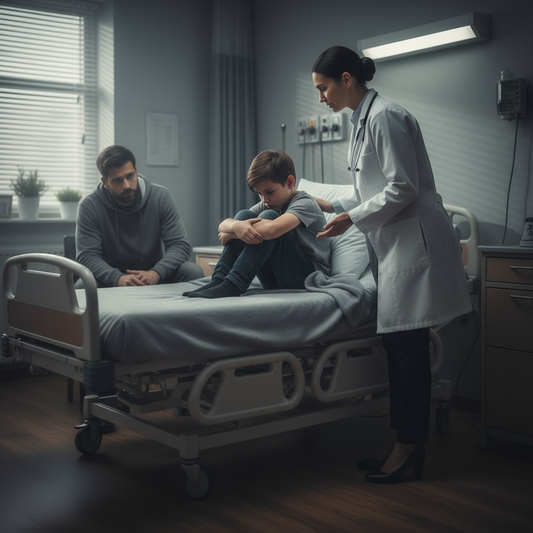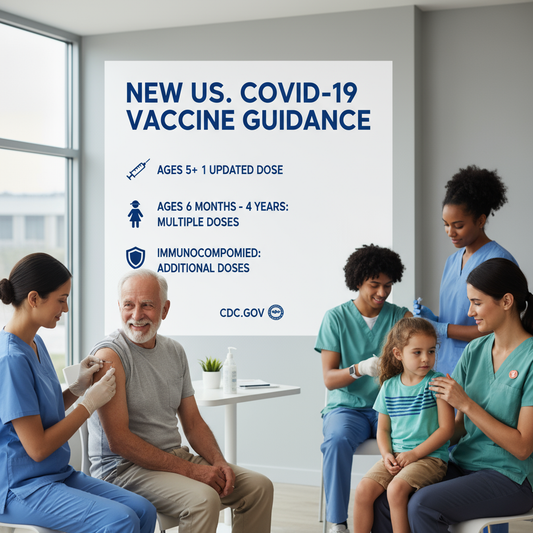Legionnaires’ Disease Outbreak in NYC

A recent outbreak of Legionnaires’ disease in Central Harlem, New York City, has led to 58 confirmed cases and two deaths, according to local health officials. The source of this outbreak has been traced to cooling towers that tested positive for the Legionella bacteria, which is known to cause severe respiratory illness.
What Is Legionnaires’ Disease?
Legionnaires’ disease is a serious type of pneumonia caused by the Legionella bacteria. This infection is most commonly linked to contaminated water systems, such as cooling towers, air conditioning units, hot tubs, and large plumbing systems. When people breathe in tiny droplets of water containing the bacteria, they can develop this lung infection.
Who Is at Risk?
While anyone can get Legionnaires’ disease, certain groups are at higher risk, including:
- Adults over 50 years old
- People with chronic lung conditions
- Individuals with weakened immune systems
- Current or former smokers
Healthy people may not show symptoms, but those in higher-risk groups should be especially cautious.
How Does Legionnaires’ Disease Spread?
Legionnaires’ disease does not usually spread from person to person. Instead, it is contracted by inhaling mist or vapor from water sources that contain the bacteria. The bacteria thrive in warm, stagnant water, especially in large building water systems and cooling towers.
Common Symptoms
Symptoms of Legionnaires’ disease can include:
- High fever
- Cough
- Shortness of breath
- Muscle aches
- Headache
Early diagnosis and treatment with antibiotics are important for a full recovery. A milder illness called Pontiac fever, also caused by Legionella, may cause flu-like symptoms but is less severe.
Prevention and Public Health Measures
To prevent outbreaks, cities like New York require regular inspection, cleaning, and disinfection of cooling towers and water systems. If an outbreak is detected, health officials investigate and treat affected water sources to reduce the risk of further infections.
What to Do If You Have Symptoms
If you develop symptoms of pneumonia, especially if you are in a higher-risk group or have been near large water systems, seek medical attention promptly. Early treatment can help prevent complications.
Learn More and Stay Safe
For more information about respiratory illnesses, pneumonia prevention, and how to protect your health, contact the team at Naperville Pharma for trusted advice and local resources.



